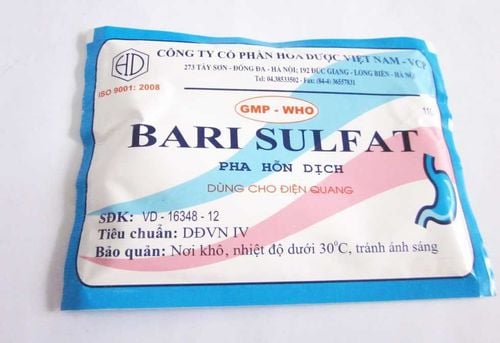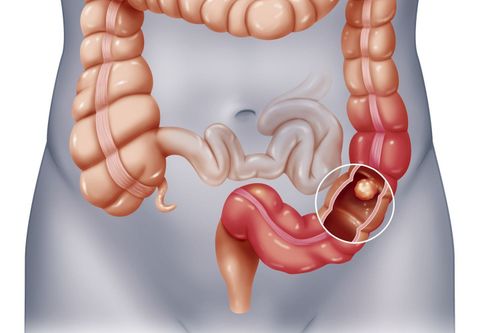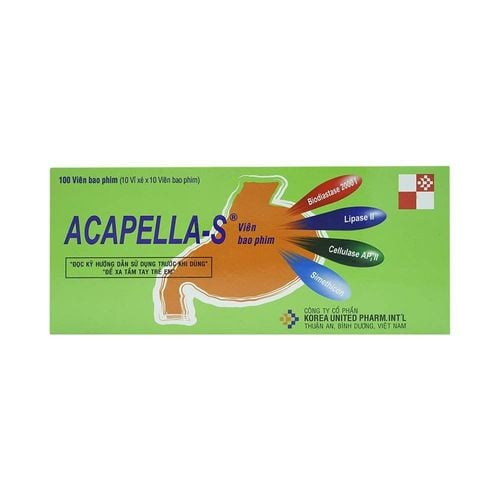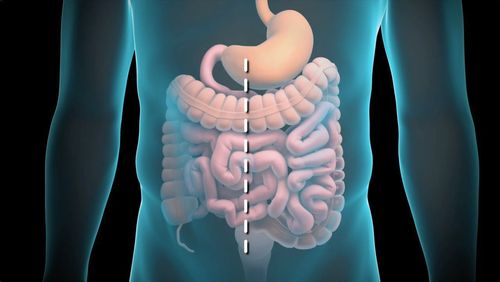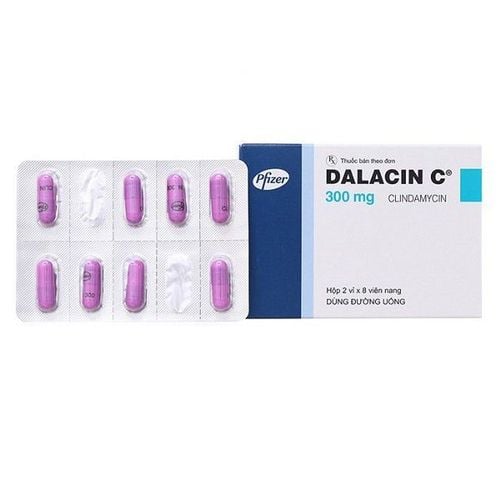This is an automatically translated article.
The article is professionally consulted by Doctor Vo Thi Thuy Trang - Gastrointestinal Endoscopy - Department of Medical Examination & Internal Medicine - Vinmec Da Nang International Hospital. Doctor has nearly 20 years of experience in the field of gastroenterology - Hepatobiliary tract.Intestinal obstruction is a condition in which the circulation of substances in the intestinal lumen is stopped. Intestinal obstruction is divided into several types based on the cause. Intestinal obstruction needs to be treated early, in many cases it is necessary to have an emergency or it will lead to bowel necrosis and death.
The extent and consequences of bowel obstruction depend on many factors such as:
Mechanism of obstruction: obstruction due to strangulation or obstruction Location of obstruction: obstruction at the beginning or end of the intestine, obstruction in the small intestine or part of the colon Degree of obstruction: complete or incomplete obstruction Mechanical or functional bowel obstruction The main causes of intestinal obstruction and dangerous complications of intestinal obstruction include:
1. Intestinal obstruction due to obstruction
With intestinal obstruction, the bowel above the obstruction will be affected very quickly and become increasingly severe. As soon as an obstruction occurs, the neural mechanism that controls the peristaltic waves increases sharply to counteract the obstruction. The appearance of these peristaltic waves causes the patient to have abdominal pain like snakes crawling on the abdominal wall. Then, the peristaltic waves gradually decrease and disappear when the intestinal wall is damaged.The bowel above the obstruction will be affected, gradually dilating. About 70% of the total gas in the digestive tract is swallowed by the body, the remaining 30% is caused by bacteria breaking down food, fermenting food and forming gas.
Intestinal fluid is excreted by the digestive system. On average, the intestines excrete about 6 liters of fluid a day. It is the increase in pressure in the intestinal lumen that causes venous stasis, the capillary perfusion in the intestinal wall is reduced, leading to edematous, congested intestinal mucosa, and decreased absorption of digestive juices for patients. until completely disappeared, causing fluid stagnation.
When there is too much fluid and gas in the intestines, to reduce the increase in pressure, the body will have a reflex to regurgitate and vomit. However, excessive vomiting, especially in cases of high intestinal obstruction, makes the patient's condition even more serious with dehydration, electrolyte disturbances, and acid-base balance.
The part of the intestine below the obstruction in the early stages, the bowel movements push the stool and air down, causing the bowel to collapse.
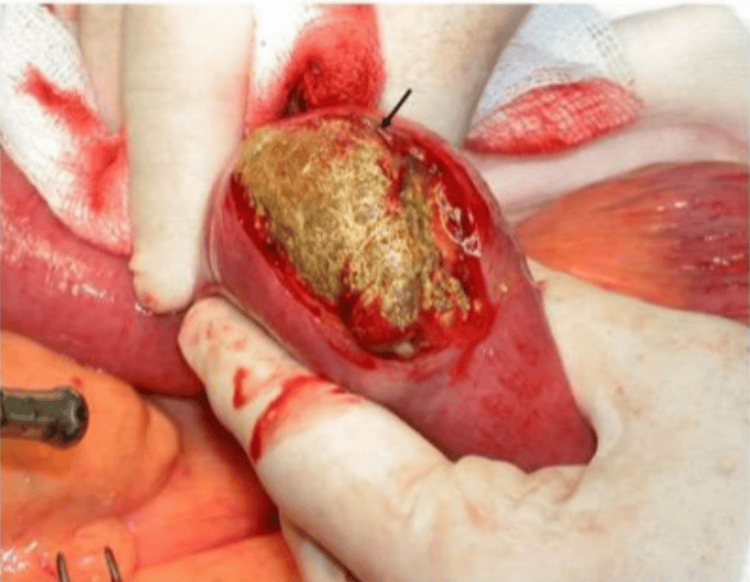
2. Intestinal obstruction due to strangulation
Among the types of intestinal obstruction due to strangulation, intestinal volvulus is the most common and also causes the most serious consequences. The manifestations of local and systemic disorders caused partly by the influence of the intestine on the obstruction are similar to those of intestinal obstruction due to obstruction but are mainly caused by intestinal loops and occluded mesenteric vessels.Bowel volvulus is very dangerous. When the intestinal loop is twisted, dilated, it mainly contains fluid, very little gas in the intestine, except in the case of volvulus. The part of the twisted intestinal loop that contains a lot of gas is produced by fermenting bacteria. The veins in the twisted bowel loop become stagnant, allowing blood and plasma to escape into the twisted loop and the abdomen. Twisted intestine causes intestinal wall damage, intestinal mucosa is destroyed. The substances contained in the lumen of the intestine are attacked by bacteria, causing the bacterial endotoxins to escape into the peritoneal cavity. The peritoneal cavity will reabsorb these endotoxins. Therefore, the body will experience toxic shock, septic shock, combined with shock due to decreased circulating volume. In addition, the corresponding mesenteric artery is also blocked, preventing blood flow to the bowel loop. The lack of blood supply causes the intestinal loop to necrosis, ruptures into the socket, leading to peritonitis.
If there is acute intussusception, the neck of the intussusception can suffocate the lumen and mesentery, respectively, causing intestinal bleeding, necrosis of the intussusception.
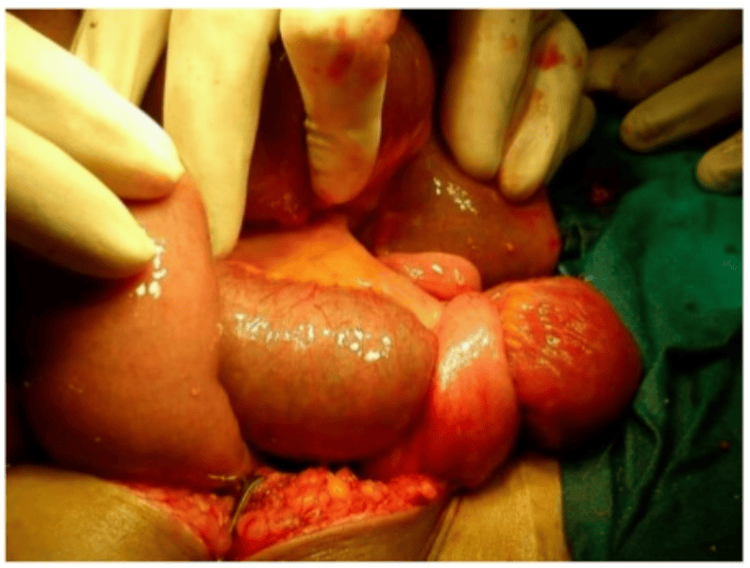
3. Intestinal obstruction due to paralytic ileus
Consequences of paralytic ileus caused by acute abdominal diseases can vary from one cause to another. In case of reflex functional bowel paralysis, the systemic and local consequences occur late and gradually. The intestines become distended very early, mainly in the gas phase. Because there is no peristalsis, the patient is less likely to vomit. Along with starvation, the amount of fluid stagnation in the intestinal lumen is not much, the intestine is damaged late, the reabsorption mechanism of the intestine is preserved longer. Intestinal obstruction in this case is not as dangerous as the above cases because the systemic and local consequences are quite mild.Please dial HOTLINE for more information or register for an appointment HERE. Download MyVinmec app to make appointments faster and to manage your bookings easily.





